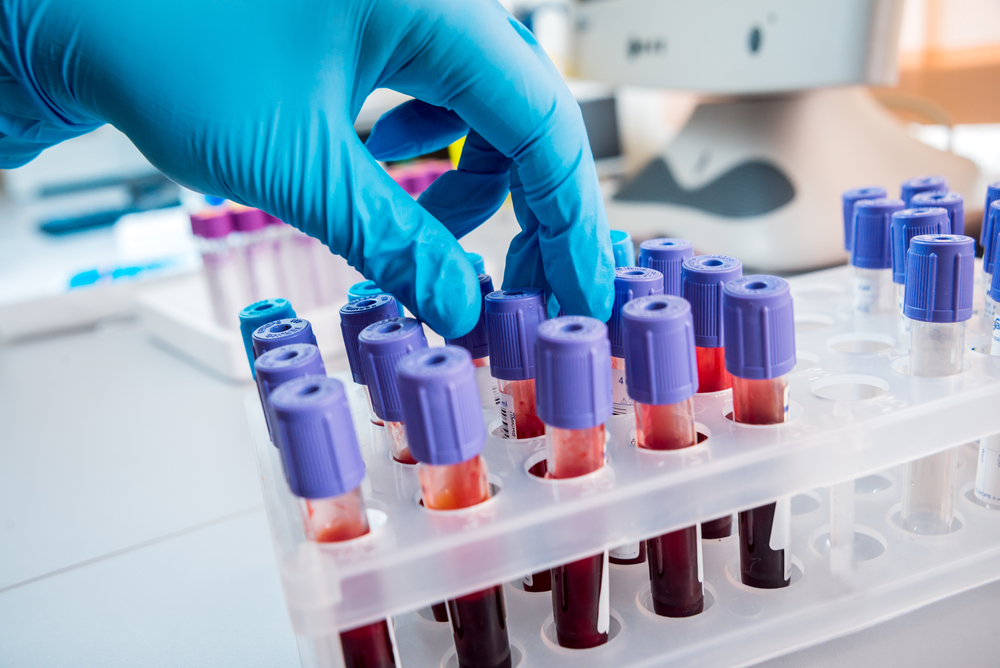Blood Test Unveils Mutations Underlying Unknown Mitochondrial Diseases, Australian Study Finds

Researchers at Australia’s University of Sydney have developed a blood test capable of identifying mutations in mitochondrial genes. This new test allows a faster diagnosis of rare and often undiagnosed mitochondrial diseases and, when available, will allow affected patients to get prompt treatment.
The study, “Mutations in CYC1, Encoding Cytochrome c1 Subunit of Respiratory Chain Complex III, Cause Insulin-Responsive Hyperglycemia,” appeared in The American Journal of Human Genetics. In it, researchers used their newly developed method to identify two mutations in the cytochrome c1 (CYC1) gene, which plays an important role in the mitochondrial respiratory chain.
The mutation carriers were two unrelated children of first-cousin parents — one of Lebanese background, the other of Sri Lankan origin — with symptoms of ketoacidosis, lactic acidosis encephalopathy and insulin-responsive hyperglycemia. Ketoacidosis, or high concentrations of ketone bodies, is usually a serious complication of diabetes. Lactic acidosis indicates the presence of excess lactic acid in the blood which leads to brain damage.
“One in 200 people will carry a mitochondrial genetic defect, which means nearly 120,000 Australians are at risk of developing serious illness,” the study’s first co-author, Minal Menezes, said in a press release. “And yet mitochondrial diseases are extremely difficult to diagnose. They are often referred to as the ‘notorious masquerader.'”
Overall, these results “show that two different CYC1 mutations cause ketoacidotic and lactic acidotic encephalopathy and insulin-responsive hyperglycemia,” authors wrote. “The similarity of the clinical symptoms in the two affected individuals leads us to recommend mutation screening for CYC1 in young children presenting with recurrent lactic acidosis and hyperglycemia.”
In a second study, researchers using the same blood test identified a mutation in another mitochondrial gene, MRPS7, in siblings with deafness and organ failure. That study, “Mutation in mitochondrial ribosomal protein S7 (MRPS7) causes congenital sensorineural deafness, progressive hepatic and renal failure and lactic acidemia,” appeared in Human Molecular Genetics.






